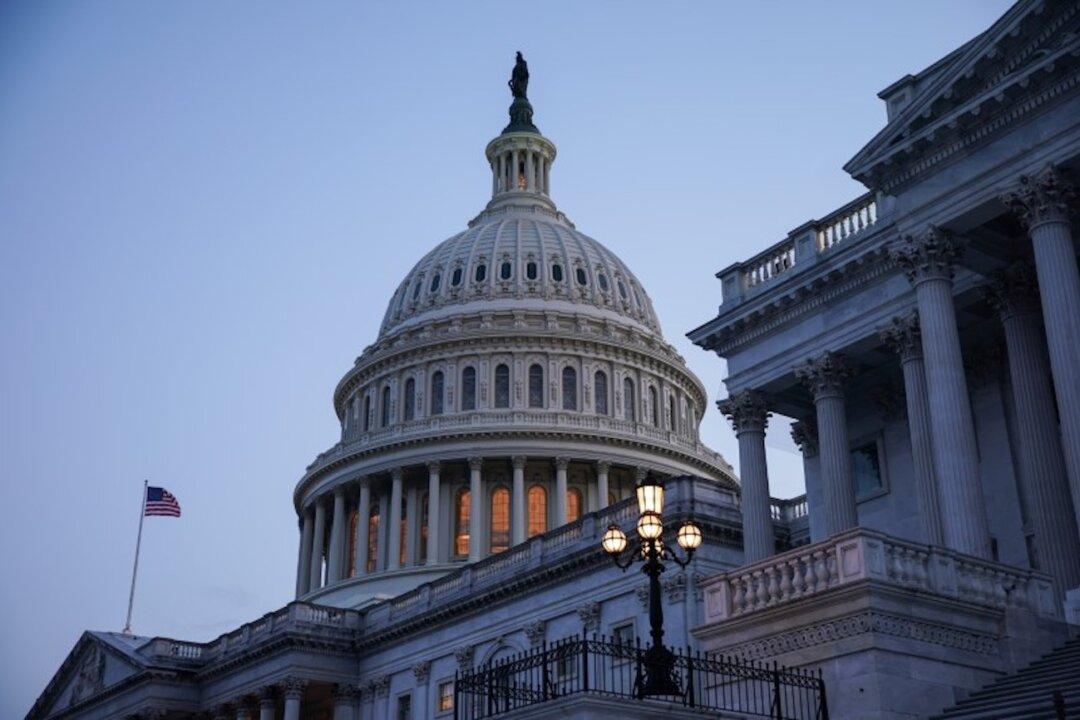The Senate is set to vote on Tuesday on a $1.2 trillion infrastructure bill after months of talks, Senate Majority Leader Chuck Schumer (D-N.Y.) announced late Monday.
If the vote is approved by the evenly-split Senate, the bill will head to the House of Representatives, which Democrats control by a narrow margin. There, lawmakers will be required to debate and vote on the bill in late September after they return from their summer break.




